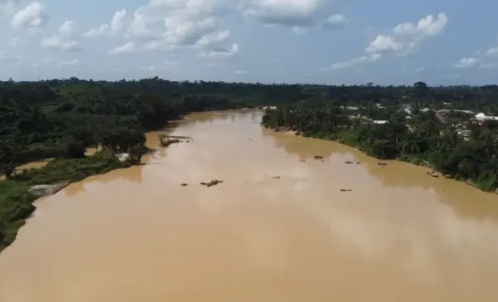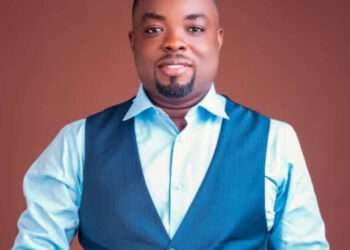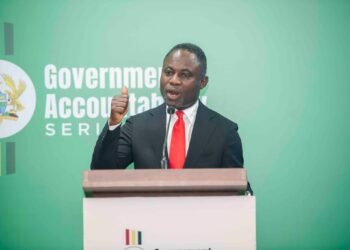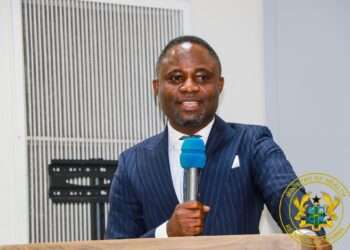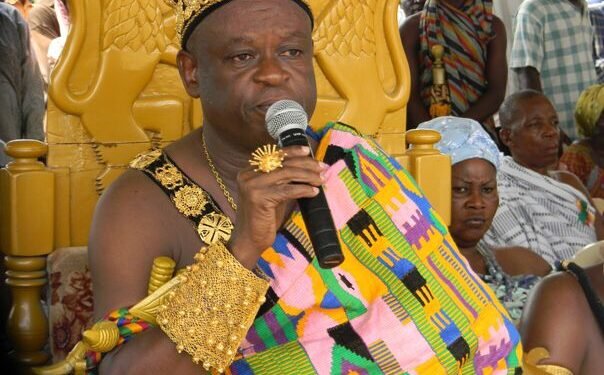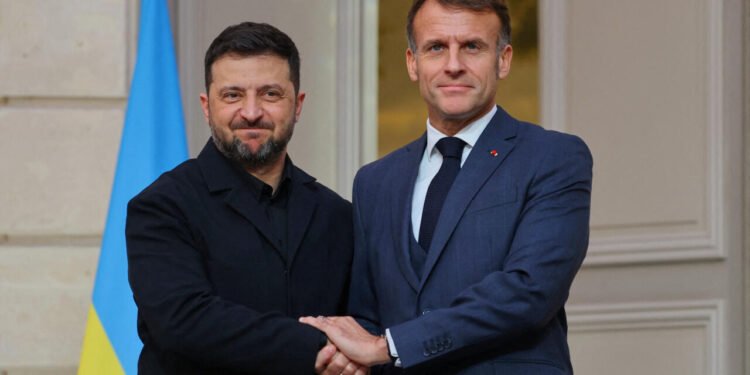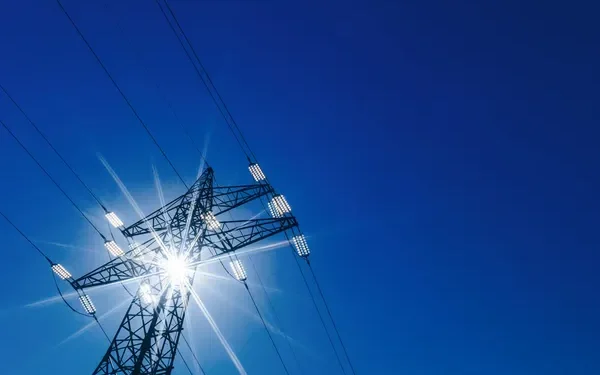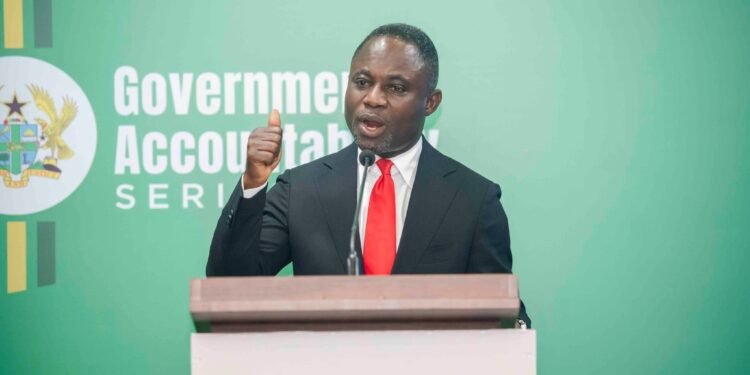The fight against galamsey has once again taken center stage in Ghana’s political discourse as communities across the Central Region grapple with a severe water crisis.
Kay Codjoe, an associate volunteer at IMANI Africa and political commentator, has painted a grim picture of the destruction caused by years of unchecked illegal mining, blaming political deception and hypocrisy for the devastation.
He accused those responsible of walking freely while pretending to be environmental defenders.
“The River Ayensu is not just polluted; it has been murdered. And the chief suspects are walking around with microphones. When President Akufo-Addo, in 2017, declared, ‘I put my presidency on the line to fight galamsey,’ many of us thought the fight had truly begun. Eight years later, what do we have? Dead rivers. Poisoned waterworks. And NPP politicians are now pretending to be environmental saints.”
Kay Codjoe
His comments come in the wake of the complete shutdown of the Kwanyako Headworks, a critical water facility that previously supplied over 25,000 cubic meters of clean water daily.
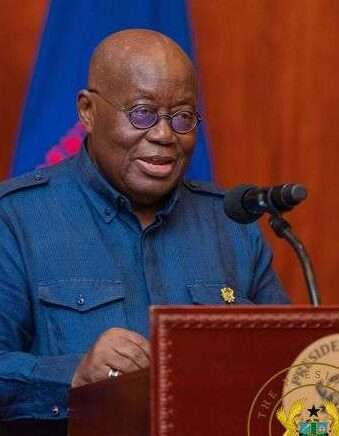
According to Codjoe, this collapse has plunged vast areas of the Central Region into crisis.
Entire communities, from Agona Kwanyako and Agona Swedru to Gomoa East, Awutu Senya, and Ekumfi, now face dry taps and acute water shortages. “Mothers are forced to boil contaminated water from unsafe streams, praying their children do not fall ill“.
Political Blame Game Intensifies As Galamsey Persists
In his critique, Kay Codjoe did not hold back in his condemnation of NPP figures who, he claims, are now seeking to shift blame.
He singled out Dennis Miracle Aboagye, who has publicly blamed President Mahama’s government, and Paul Yandoh, who has called for a state of emergency.
He questioned their sudden concern, asking why they were silent when, in 2022, the NPP government passed L.I. 2462, a controversial law that legalized mining in forest reserves. This, he argued, opened the floodgates for even greater environmental destruction.
Codjoe also criticized the government’s earlier anti-galamsey task forces, Operation Vanguard and Operation Halt, which he described as little more than “daytime drama,” with soldiers chasing miners during the day while illegal activities continued unhindered at night.

Chiefs and engineers had long warned that Kwanyako’s pumps would eventually fail due to the massive silt buildup, but their concerns were ignored.
“The facts, stubborn as they are, remain. In 2017, Akufo-Addo swore his presidency on stopping galamsey. The rivers believed him, the people believed him.
“Between 2018 and 2020, task forces were deployed, but galamsey thrived under political patronage. In 2022, the NPP passed LI 2462, opening forest reserves to mining, the final insult. By the time Mahama returned to power in 2025, the Ayensu was already a corpse.”
Kay Codjoe
Codjoe highlighted a series of scandals that plagued the previous administration’s handling of the galamsey crisis.
The Frimpong-Boateng report revealed how powerful political figures and government insiders actively sabotaged enforcement efforts while profiting from illegal mining.
Seized excavators, which were supposed to be destroyed, mysteriously disappeared, and some were even protected by the very security forces meant to fight galamsey.
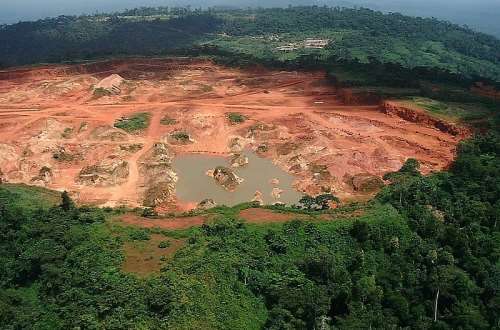
Senior NPP officials, including the party’s Ashanti Regional Chairman, Bernard Antwi-Boasiako, popularly known as Wontumi, were repeatedly linked to illegal mining activities.
Operation Vanguard, which began with great fanfare, eventually degenerated into a tool for extortion and selective justice.
The economic impact was equally severe, with billions of cedis lost through smuggling and under-declared gold exports. Meanwhile, communities like Kwanyako were left to drink muddy, contaminated water.
According to Codjoe, these failures amount to nothing short of state-sponsored eco-terrorism.
NDC Government Faces Tough Challenge
While Kay Codjoe was sharply critical of the NPP’s record, he acknowledged that the new Mahama-led NDC government faces a monumental challenge in reversing the damage.
“Mahama’s NDC cannot simply manage this crisis; they must be bold enough to finish what they have started.”
Kay Codjoe
The current administration has already taken steps to address the issue, including moves to revoke L.I. 2462 and its amendment, L.I. 2501. Plans are also underway to publish concession data to increase transparency and to restore waterworks like Kwanyako.
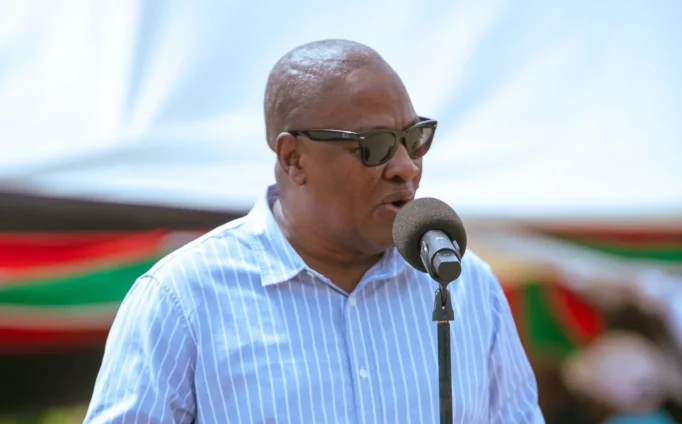
Community-led protection initiatives have been launched, and discussions are ongoing about prosecuting those who exploited state power to shield illegal mining operations.
Codjoe welcomed these efforts as “commendable beginnings,” but stressed that they must be followed through with consistent and decisive action.
The people, he said, need assurances that prosecutions will target not only small-scale miners but also the politically powerful figures who enabled the crisis.
Codjoe concluded by contrasting the legacies of Ghana’s two main political parties.
“The NPP has already written its legacy in silt and sludge. The NDC has a chance to write its own in clean water and restored land.”
Kay Codjoe
The question now, he added, is whether the NDC will have the resolve to sustain these reforms or whether future generations will view both parties as having failed the nation.
The destruction of the River Ayensu stands as a stark reminder of what is at stake. Without bold, transparent, and sustained action, Ghana’s water resources and environment could face irreversible collapse, and the people will be left to pay the price for political failure.
READ ALSO: Danish PM Bemoans Drone Incursion Over Copenhagen Airport

